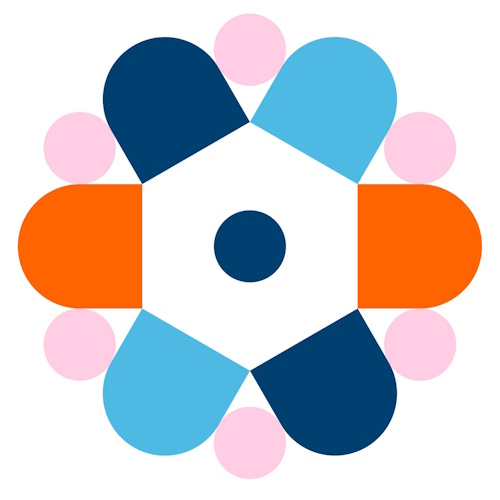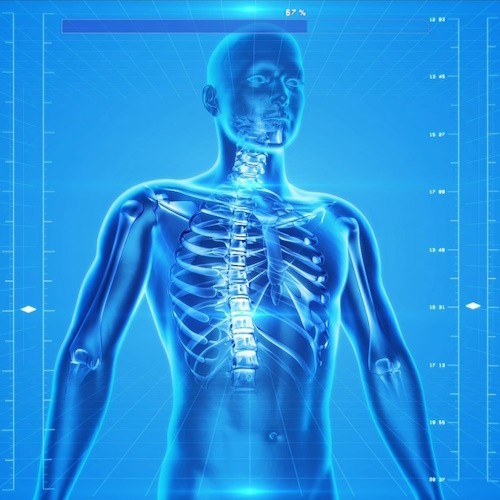Key points from article :
Australia’s healthcare system is increasingly turning to artificial intelligence to ease workloads and improve patient care — and it’s happening both at home and in hospitals. One example is St Vincent’s home care trial, where elderly patients like 79-year-old Peta Rolls receive daily phone calls from an AI voice assistant named Aida. Developed by digital health company Healthily, Aida checks in on clients’ wellbeing, offering conversation and flagging potential health concerns to care teams. Dr. Tina Campbell, Healthily’s managing director, says the AI has built-in safeguards and can quickly escalate emergencies, helping reduce administrative tasks so health professionals can focus on patient care.
Experts say AI in healthcare isn’t new — it has long been used behind the scenes in areas like radiology, cardiology, and pathology. According to Professor Enrico Coiera of Macquarie University, more recent advances in deep learning have allowed AI to interpret complex medical images, such as mammograms in BreastScreen NSW’s program, where machine-reading tools assist radiologists. Importantly, Coiera notes that while AI can suggest findings, doctors still make the final medical decisions.
AI is also proving valuable in disease detection and diagnosis. In research published in Epilepsia, a team led by Dr. Emma Macdonald-Laurs at the Murdoch Children’s Research Institute demonstrated that an “AI epilepsy detective” could detect brain lesions in up to 94% of cases, a major improvement for children whose epilepsy can only be treated surgically. By rapidly analyzing vast MRI and PET data, the AI helps doctors find abnormalities that were previously hard to spot, potentially transforming surgical outcomes for young patients.
Looking ahead, experts see AI’s role expanding from data analysis to personalised medicine. Dr. Stefan Buttigieg of the European Public Health Association highlights its potential for predicting disease outbreaks and tailoring treatments. In everyday practice, AI-powered scribes are already helping general practitioners by recording and summarising consultations, freeing up time for patient interaction. As Dr. Michael Wright and Dr. Danielle McMullen note, such tools not only improve efficiency but also enhance care quality — marking a shift toward a future where AI acts as a supportive partner in healthcare rather than a replacement for human clinicians.






